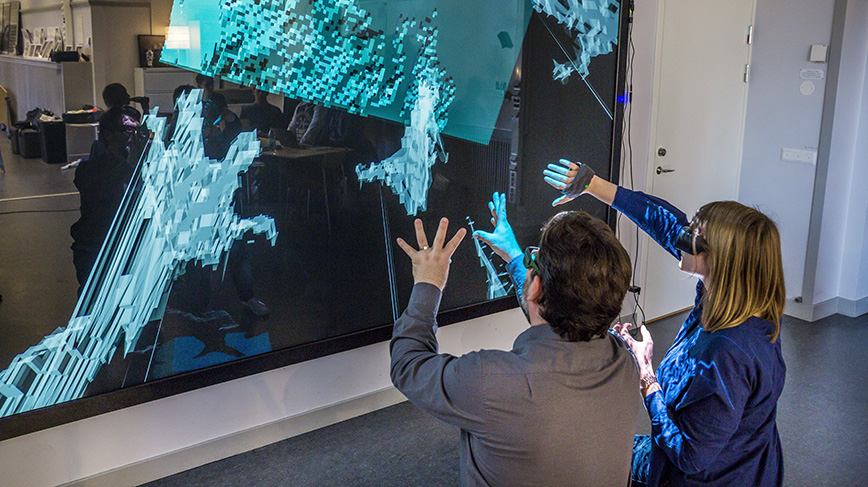Educational programmes renewed for the future

KTH's education will be developed and renewed, based on six fundamental criteria. The educational offerings will also reflect the vision of KTH taking a leadership role in the transition to a sustainable society.
The policy decision adopted by the President on 10 April states, among other things, that there should be a long-term plan for the courses and programmes to be offered. The plan is determined by KTH's management team based on the schools' input on an annual basis.
With regard to the 5-year engineering programmes, they should be clearly divided into three years that are linked to several different master's programmes in two years.
“The 3+2 model can eventually constitute a majority of our programmes without sacrificing independent courses and lifelong learning. Our civil engineering programmes are, and will continue to be, leading, as is our architecture programme,” Anders Söderholm, President of KTH, says.
Daring to cut back
The three-year engineering programmes must be clear and in-demand vocational programmes with a link to the labour market - they are not intended as a basis for studying for a master's degree.' As a consequence of reviewing and updating the offerings to match the needs of the labour market and the outside world, some courses may be removed and others expanded.
“ This may involve having the courage to cut back on certain programmes if they do not meet the criteria and to concentrate on others.”
In international competition, KTH's master's programmes stand up well and they must be linked to both the needs of the labour market and ongoing research.
“ We will have a strong, dynamic master's programme with continued strong international recruitment,” Söderholm says.
Internationally competitive
In addition to ensuring that KTH's programmes are internationally competitive and of the highest quality, the focus decision also constitutes a basis for facilitating renewal and increased flexibility in KTH's education and its offerings. This together with the principles in the reform programme Education of the Future which describes how and within which field KTH educates.
“Instead of giving a number on how many students should be educated in which subject at each school, this is an invitation to the schools to take a stand on what education portfolio each school and KTH as a whole should have,” Söderholm says.
